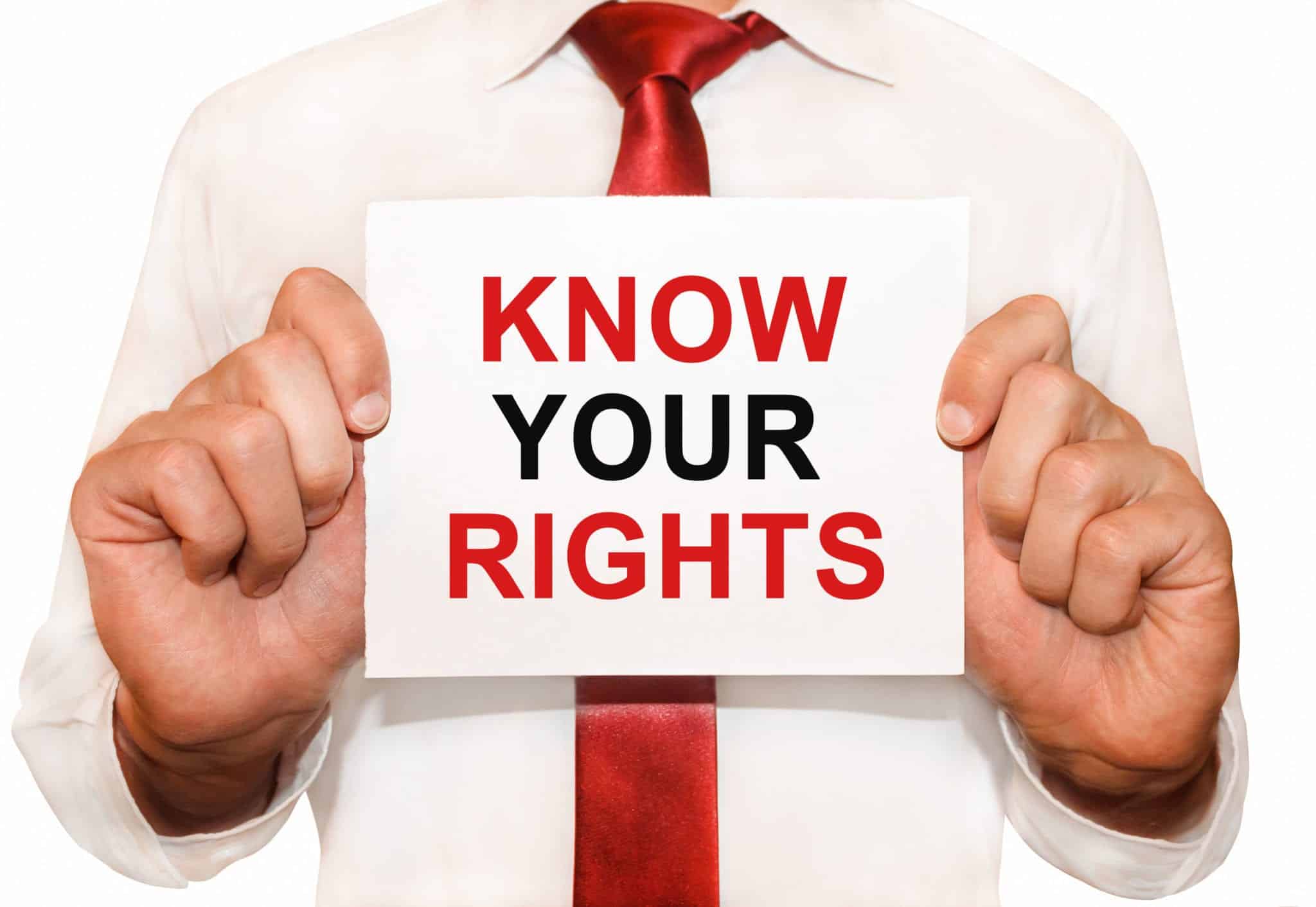In the Constitution of the United States, the Sixth Amendment guarantees many protections for those accused of crimes, including the right to have your case heard by an impartial jury. The Texas State Constitution also codifies this right for every Texan.
The criminal justice system in the United States and in Texas is meant to protect the safety of the public while also ensuring that those facing criminal charges have their own rights upheld.
That’s exactly why, if you’re accused of a crime, you are entitled to a fair trial in front of an impartial jury. Here’s what you should know about the right to an impartial jury and how the jury selection process works in a criminal trial.
The Sixth Amendment in the Constitution of the United States (1787), part of the original Bill of Rights, guarantees significant protections for those accused of crimes, including the right to an impartial jury.
Article I of the Texas State Constitution (1876) guarantees the same right for every Texan.
The primary goal of both the federal and Texas criminal justice systems is to ensure the safety of the public while protecting the rights and liberties of those facing criminal charges in either system.
That is precisely an individual accused of a crime is entitled to a fair trial in front of an impartial jury. Here’s what you should know about the right to an impartial jury and how the jury selection process works in a criminal trial.
The Texas Constitution
Article I, Sec. 10, of the Texas Constitution specifically provides that an individual facing a criminal prosecution “shall have a speedy public trial by an impartial jury.”
So what does that mean?
Basically, this article allows any person facing criminal charges in the State of Texas to have a speedy public trial. The trial must before an impartial jury and must take place in the county in which the charged offense was allegedly committed.
Article I also provides the following protections the criminally accused:
- Right to demand the nature and cause of the accusation;
- Shall not be compelled to give evidence against oneself;
- Shall have the right to be heard by oneself or counsel, or both;
- Shall be confronted by the witnesses against accused
- Shall have compulsory process for obtaining witnesses in favor of oneself, except that when the witness resides out of State and the offense charged is a violation of the anti-trust laws of this State; the accused and State shall have the right to produce and have the evidence admitted by deposition, under such rules and laws as the Legislature may thereafter provide;
- No person shall be held to answer for a criminal offense, unless on an indictment by a jury, except in cases in which the punishment is by fine or imprisonment otherwise than in the penitentiary, in cases of impeachment, and in cases arising in the army or navy, or in the militia, when in actual service in time of war or public danger.
Jury Selection in Texas
The jury selection process in Texas begins with prospective jurors receiving a summons in the mail in the county in which they reside. They are then to report to a place specified on the summons on a particular date when jury selection will take place.
There, a judge will require them to take an oath and answer a few questions. Then, jurors who do not have exemptions are randomly selected by the court clerk to be added to a jury list from which they can be selected to try a case.
Lawyers for both the prosecution and defense have an opportunity to question any potential jurors for the case and can have some jurors removed from consideration. There are two challenges that can remove a juror from the selection process.
They are identified as challenges for cause and peremptory challenges. Learn more about each of them below.
Challenges for Cause
 This type of objection to a juror alleges that some fact about the juror makes them unfit or incapable to serve on the jury for the case.
This type of objection to a juror alleges that some fact about the juror makes them unfit or incapable to serve on the jury for the case.
Each side has unlimited challenges for cause in the selection process, but a judge must approve each one. Some of the most common reasons given for challenges of cause include:
- A juror has been convicted of a felony or misdemeanor theft
- A juror has a prejudice or bias that will work either against or in favor of the defendant
- The juror has already established in their mind the guilt or innocence of the defendant
Peremptory Challenges
Defense attorneys, as well as prosecutors, are allowed to make another challenge to a juror called a peremptory challenge. This allows them to strike a juror without a specified reason, but they are only allowed a certain number of these at each jury selection.
Under both the Federal and State Constitutions, you have citizens’ rights, including the right to have your fate be decided by an impartial jury. Understanding those rights and the process can help you if you’re ever faced with charges that could land you in front of a jury.




